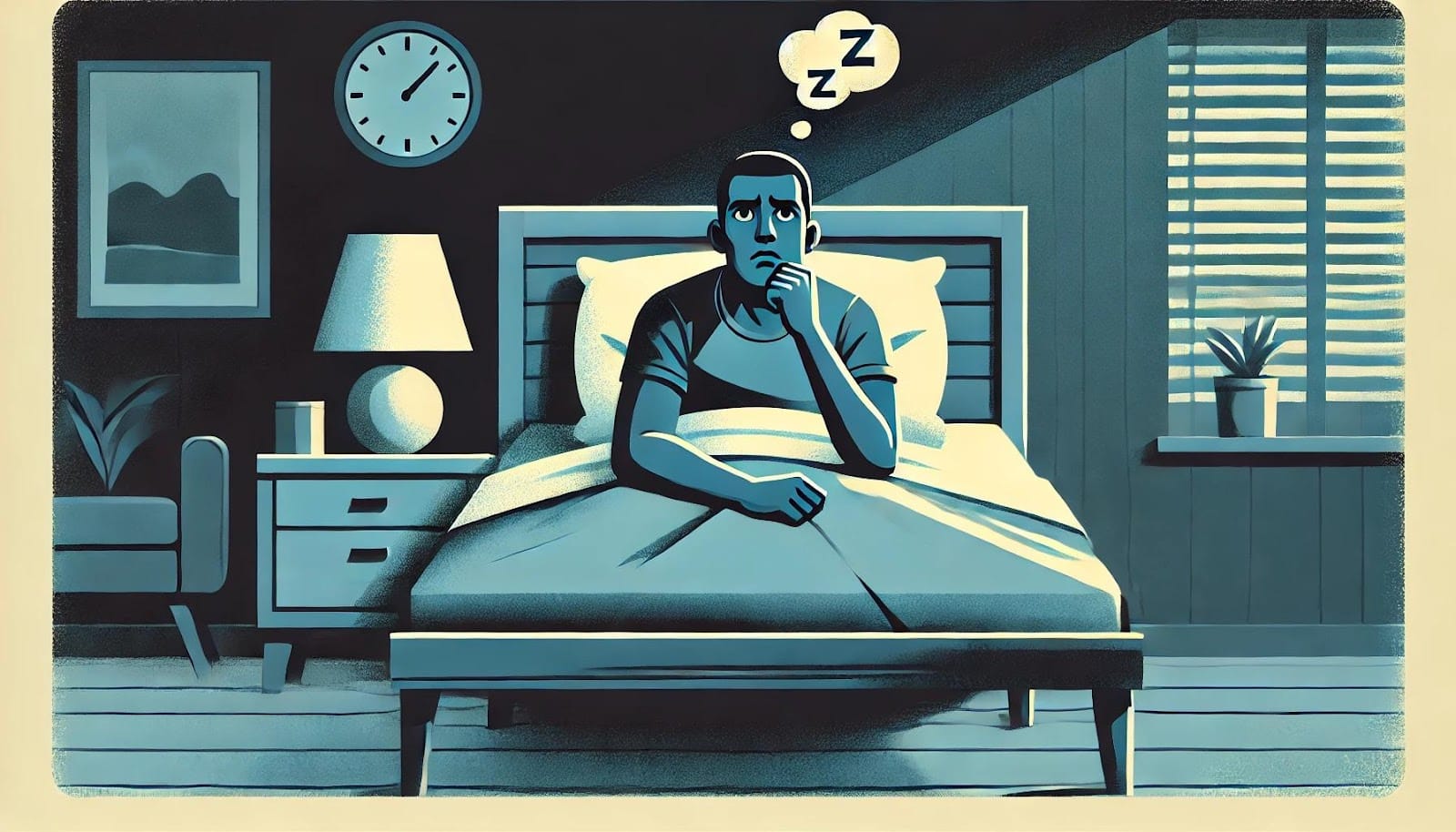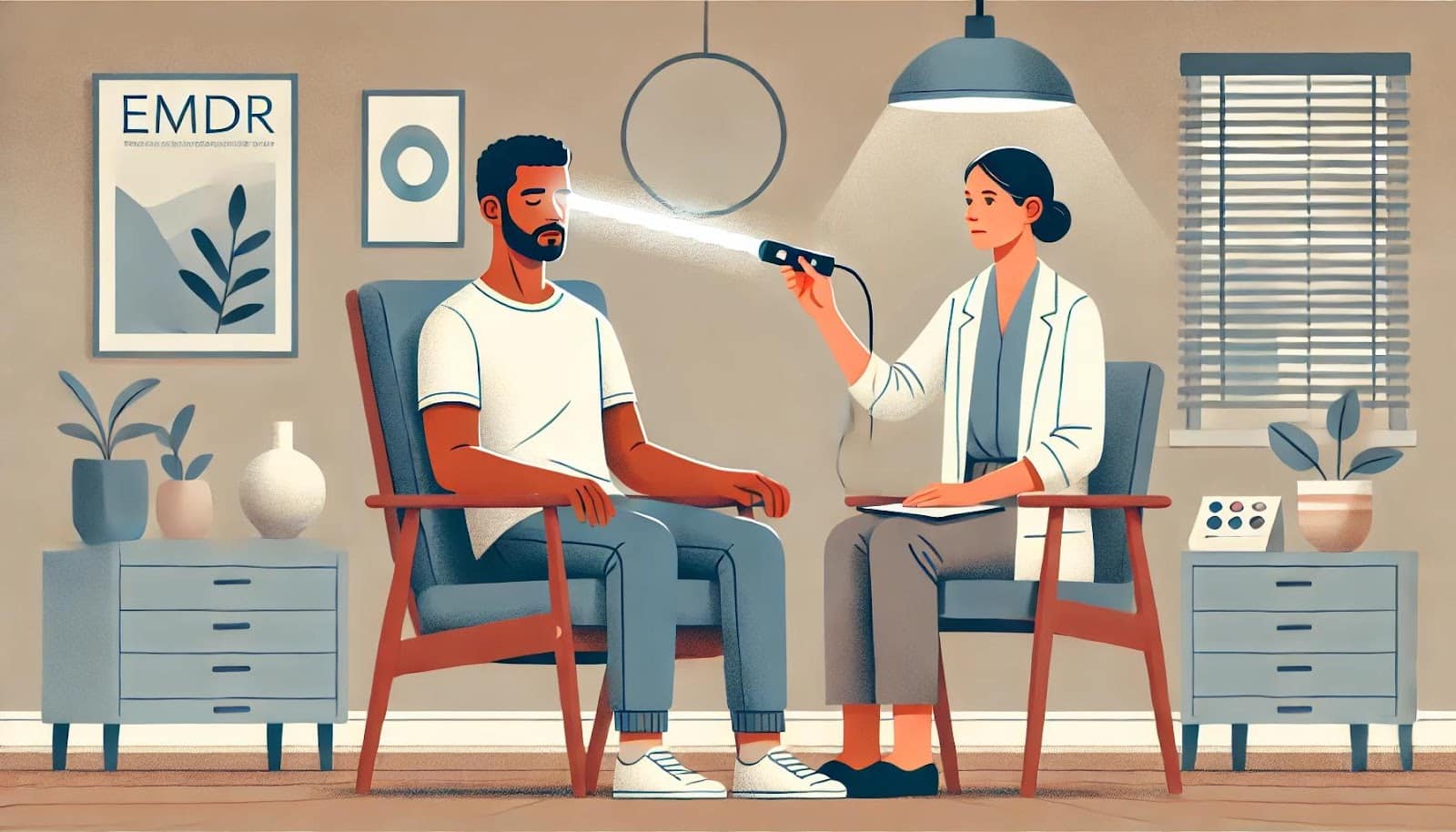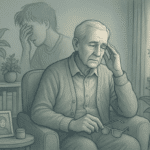Key Takeaways
- Childhood emotional trauma can have enduring effects on an individual’s psychological health, leading to issues such as anxiety, depression, and PTSD if not addressed properly.
- Treatment modalities like cognitive behavioral therapy (CBT) and eye movement desensitization and reprocessing (EMDR) are essential for managing and healing childhood trauma.
- Support groups play a crucial role in the healing process by providing a community of empathy and shared experiences, which helps alleviate feelings of isolation.
- Professional intervention is vital when trauma symptoms severely impact daily functioning or personal relationships, indicating the need for specialized care.
- A Mission for Michael offers tailored treatment plans for emotional trauma, utilizing a mix of evidence-based therapies and supportive community settings to foster recovery and improve quality of life.
Overview of Emotional Trauma from Childhood
Childhood emotional trauma occurs due to overwhelming events that disrupt a child’s sense of security and well-being, often leading to long-lasting psychological impact. This trauma may stem from instances of neglect, abuse, or witnessing violence, and can profoundly affect personality and behavior throughout adulthood.
Understanding these experiences as external forces helps individuals detach from their trauma, which is crucial for initiating the healing process. Early recognition of symptoms that interfere with daily functions enables effective treatment seeking, setting the stage for recovery.
Immediate and Long-term Effects
Initially, a child may react to trauma with shock, denial, or disbelief, which can evolve into long-term psychological conditions like anxiety, depression, or PTSD. Symptoms often persist into adulthood, affecting trust, self-esteem, and personal relationships.
Founded in 2010, A Mission For Michael (AMFM) offers specialized mental health care across California, Minnesota, and Virginia. Our accredited facilities provide residential and outpatient programs, utilizing evidence-based therapies such as CBT, DBT, and EMDR.
Our dedicated team of licensed professionals ensures every client receives the best care possible, supported by accreditation from The Joint Commission. We are committed to safety and personalized treatment plans.
Common Causes of Emotional Trauma in Childhood
Single Incident Traumas
Single incident traumas occur due to unexpected, sudden events that deeply shake a child’s sense of safety and security. Natural disasters, severe accidents, or the sudden loss of a loved one can trigger intense feelings of vulnerability and shock. While initial reactions such as shock and fear are normal, if the distress persists, it can lead to long-term psychological issues that may require professional intervention to heal properly.
Chronic Environmental Traumas
Chronic environmental traumas are caused by prolonged exposure to stressful or dangerous situations. Living in a war-torn region, enduring long-term abuse, or facing continuous bullying are examples where the trauma has no clear beginning or end, gradually wearing down the child’s resilience and leaving them feeling trapped and hopeless. Effective management often requires changing the stressful environment or seeking extensive support to help cope with the ongoing stress.
Neglect and Loss-related Traumas
Emotional traumas related to neglect and loss occur when a child’s fundamental needs for love, security, and care are not met. This category includes:
- Loss of a Loved One: Which can lead to profound feelings of abandonment and grief.
- Divorce: This can shake a child’s sense of stability and raise fears about future security and relationships.
- Childhood Neglect: Often results in lasting issues with trust and self-esteem, as the child may feel unworthy of love or care.
Recognizing Symptoms of Childhood Emotional Trauma

Emotional trauma from childhood often disrupts sleep patterns and focus, impacting daily life.
Emotional and Psychological Symptoms
You may feel heightened anxiety, fear, or a persistent sense of danger. Mood swings, feelings of numbness, or detachment from reality are also common. These emotional disturbances can disrupt sleep, concentration, and decision-making capabilities.
Physical Manifestations of Trauma
Common physical symptoms include headaches, stomach aches, and chronic pain, which are physical responses to the stress and tension of emotional trauma. Additionally, you might notice fatigue, changes in appetite, or sleep disturbances.
Cognitive and Behavioral Changes
Difficulty concentrating, memory issues, and impaired cognitive functions can negatively impact your performance at work or school, increasing frustration and anxiety. Behaviorally, you might withdraw from social interactions, lose interest in previously enjoyable activities, or show increased irritability. These shifts can strain relationships and complicate daily routines.
Effective Treatment Options for Childhood Emotional Trauma
Cognitive Behavioral Therapy (CBT)
CBT is a widely used therapy that targets negative thought patterns that amplify trauma symptoms. It focuses on identifying, challenging, and changing these thoughts, providing tools to better manage stressful situations and reduce symptoms.
Eye Movement Desensitization and Reprocessing (EMDR)
EMDR is a therapeutic approach that has shown significant efficacy in treating trauma. It involves the patient recalling traumatic memories while receiving bilateral sensory input, such as side-to-side eye movements, which facilitates the brain in reprocessing the memory and reducing its emotional intensity.
Medication for Symptom Management
Medications, including antidepressants and anti-anxiety drugs, can also play a role in managing symptoms of trauma such as anxiety, depression, and sleep disturbances. These are often most effective when used in combination with other therapies.
Support Groups and Peer Support
Engaging in support groups provides a community of understanding and empathy, where individuals can share experiences and coping strategies. This peer support can alleviate feelings of isolation and promote a shared journey towards healing.
When to Seek Professional Help
Indicators of Severe Trauma
Severe symptoms of trauma may manifest as persistent flashbacks, intense anxiety, or frequent panic attacks. Difficulty functioning in everyday situations or noticeable strain in personal relationships are clear signs that professional assistance is needed. These symptoms indicate that the trauma is impacting essential aspects of your life, necessitating professional help.
Available Resources and Support Networks
Mental health professionals, such as therapists and psychologists, can offer tailored treatment plans designed to address your specific needs. Additionally, support networks including community organizations and online forums provide spaces for shared experiences and mutual support.
Why Choose A Mission for Michael for Your Emotional Trauma Treatment?

Evidence-based treatments like EMDR help address and heal emotional trauma effectively.
At A Mission for Michael, our dedicated approach to treating emotional trauma from childhood integrates personalized care with a broad spectrum of therapeutic modalities, all within a supportive and healing environment. Our treatment centers, strategically located in California, Minnesota, and Virginia, are designed to foster a sense of safety and comfort, making it easier for you to engage in the healing process.
Comprehensive and Personalized Treatment
We understand that trauma affects every individual differently, and therefore, offer tailored treatment plans that address specific needs and recovery goals. Our treatment spectrum includes CBT, EMDR, medication management for symptom control, and supportive group therapies. Each modality is chosen based on its proven effectiveness in reducing trauma-related symptoms and improving daily functioning.
Supportive Environment and Community

A Mission for Michael provides a supportive, welcoming environment for recovery.
Our facilities provide a calm and welcoming environment essential for recovery from emotional trauma. By creating a space where you can feel safe and understood, we help facilitate your participation in various therapeutic activities designed to process traumatic experiences and foster resilience. In addition to professional support, we offer access to community resources and peer groups that enhance your journey towards healing.
Choosing A Mission for Michael means opting for a path that respects your individuality and supports your growth towards recovery and beyond. Contact us today to learn more about how we can help you regain control and move forward from emotional trauma.
Frequently Asked Questions (FAQ)
What are the common causes of childhood emotional trauma?
Childhood emotional trauma can stem from a variety of sources including neglect, abuse, witnessing violence, sudden loss of a loved one, or experiencing severe life disruptions like divorce. These events can profoundly affect a child’s sense of security and emotional well-being.
What are the immediate and long-term effects of emotional trauma from childhood?
Immediately, a child may experience shock, denial, or disbelief. Long-term effects can manifest as psychological conditions such as anxiety, depression, and PTSD, impacting trust, self-esteem, and personal relationships into adulthood.
How does Cognitive Behavioral Therapy (CBT) help in treating childhood emotional trauma?
CBT helps by targeting negative thought patterns that amplify trauma symptoms. It focuses on identifying, challenging, and changing these thoughts, providing tools to manage stressful situations better and reduce symptoms, fostering recovery and improved mental health.
What role do support groups and peer support play in the healing process?
Support groups and peer support offer a community of empathy and understanding, where individuals can share experiences and coping strategies. This interaction helps alleviate feelings of isolation and promotes emotional recovery through a shared journey of healing.
Why should someone choose A Mission for Michael for treating emotional trauma from childhood?
A Mission for Michael includes a holistic and personalized approach to emotional trauma treatment, combining evidence-based therapies like CBT, DBT, and EMDR with a supportive community environment. Its dedicated team of licensed professionals ensures that every client receives tailored care that focuses on long-term success and well-being, making AMFM an ideal choice for those seeking comprehensive recovery from childhood trauma.












